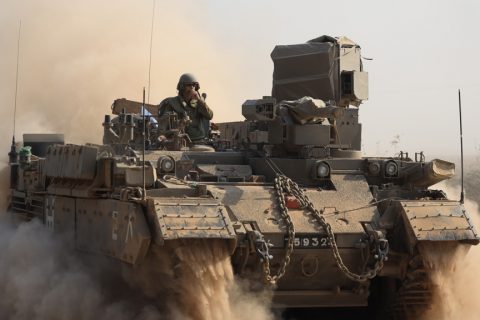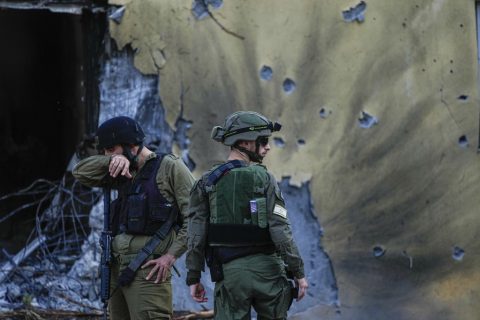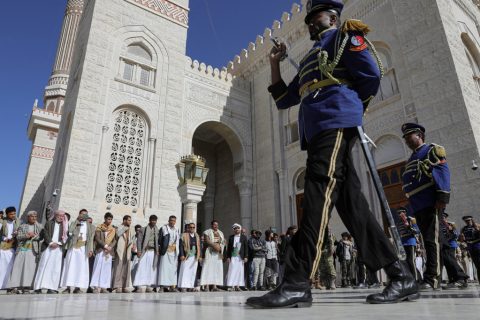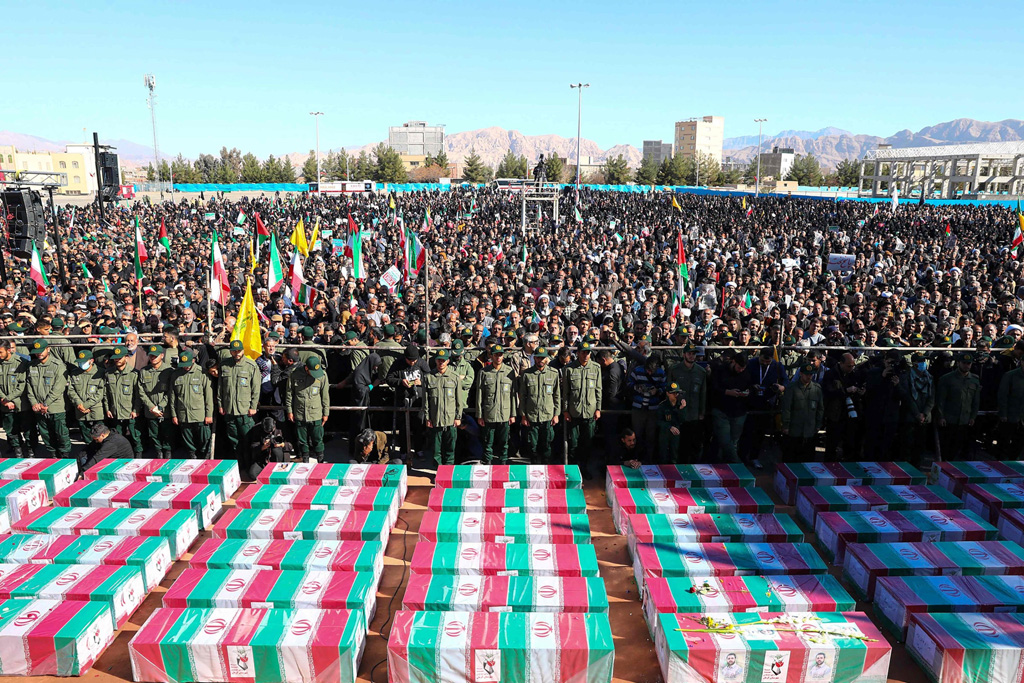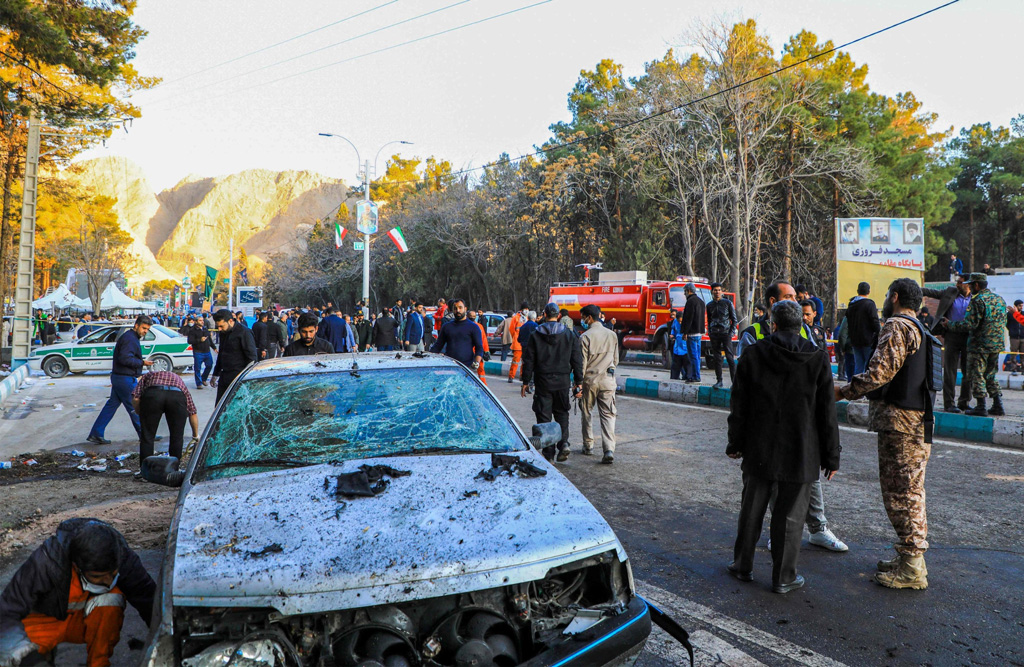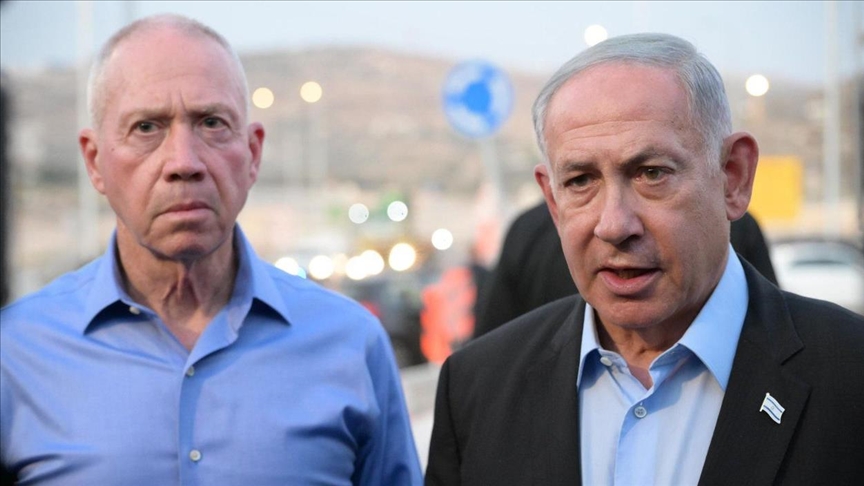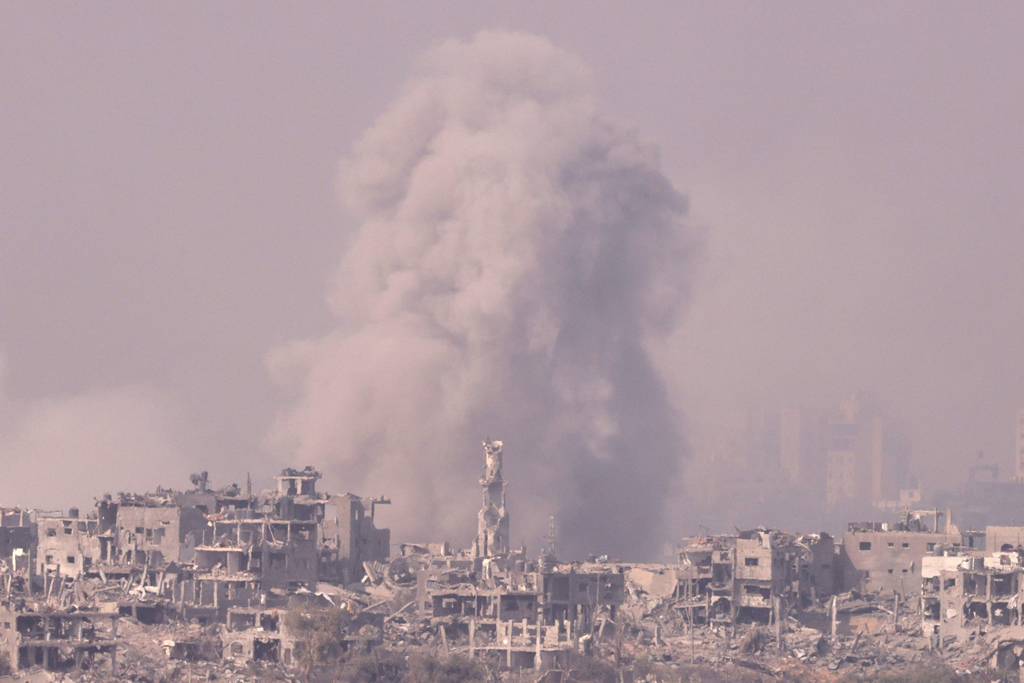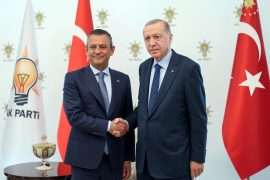Red Sea
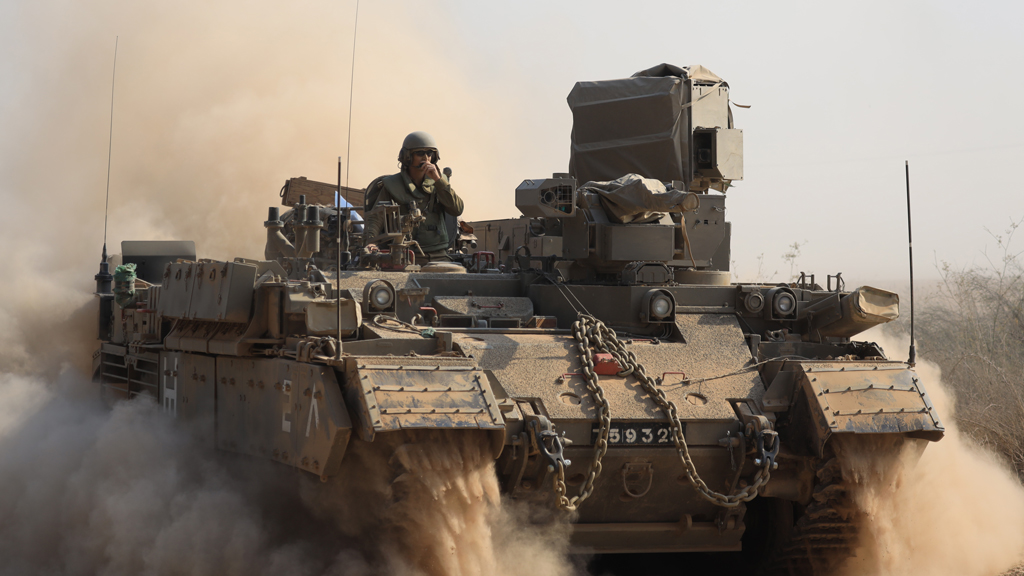
New escalation in regional conflict
| OpinionThe killing of three American soldiers in Jordan by pro-Iran militias via UAV strikes initiated …
-
Opinion
New escalation in regional conflict
By Kadir ÜstünThe killing of three American soldiers in Jordan by pro-Iran militias via UAV strikes initiated a new escalation in the escalating regional conflict. Since October 7th, concerns about regional warfare seemed obsolete. We previously noted Israeli Prime Minister Netanyahu's attempt to expand the Gaza conflict regionally and entangle the US in conflict with Iran. The Jordan attack partially succeeded in these efforts. Over the past week, the US conducted military operations in the region, signaling a response.
-
Opinion
Is Middle East entering new spiral of conflicts?
By Burhanettin DuranA series of attacks and clashes sent shockwaves through the Middle East over the last week. Israel's massacres in Gaza and low-intensity conflict with Hezbollah at the Lebanese border remain underway. Meanwhile, in the Red Sea, the United States and Britain bombed Yemen's Houthis for the fourth time on Thursday. Washington also relisted the Houthis as a global terrorist group.
-
Opinion
Escalating tensions and the militarization of the Middle East
By Murat YeşiltaşThe recent developments in the Middle East region have led to a deepening instability, with the possibility of conflict increasing day by day. In 2023, we witnessed a period of relative normalization in the Middle East. While countries in the region were trying to minimize the potential for conflict, they had come a long way in developing common potential.
Bu Konuda Daha Fazla
-
Who benefits from controlled proxy conflict?
By Burhanettin DuranThe Middle East rang in the new year with assassinations and terror attacks. Saleh al-Arouri, the deputy leader of Hamas' political bureau, was assassinated in Beirut last Tuesday. The following day, two bombings in Kirman, Iran (for which Daesh has claimed responsibility) killed 103 people. As those attacks shifted everyone’s attention to Israel, Iran and Hezbollah pledged to exact “revenge and a heavy price.”
-
From Super Cup crisis to terror attack in Iran
By Burhanettin DuranThe new year got off to an extremely busy start in Türkiye.
-
Terror attack in Iran deepens security crisis in Middle...
By Murat YeşiltaşOn Jan. 4, Tehran Times, an international newspaper of Iran, described Qassem Soleimani, who was killed by the United States in Iraq, as the “architect” of the new regional geometry in the Middle East. On the same day, a terrorist attack occurred in Kerman, Iran, killing more than 100 civilians.
-
Washington’s efforts for ‘damage control’ in Israel
By Kadir ÜstünDuring his visit to Israel, U.S. Secretary of Defense Lloyd Austin reiterated the Biden administration's support but conveyed the message that operations should be more limited. Austin, who previously stated that Israel faced the risk of 'strategic defeat,' is believed to be delivering the message that winning the war in urban combat requires gaining civilian support. The U.S. administration reportedly urged Israel to reduce the intensity of operations by the end of the year and increase humanitarian aid passages. While continuing support for Israel, the Biden administration seems to be trying to limit the political cost generated by the humanitarian crisis in Gaza.
-
Apocalyptic turn in the Middle East
By Murat YeşiltaşThe operation launched by Hamas against Israel on Oct. 7 continues, accompanied by Israel’s extensive air and ground operations. Israel’s military attacks carried out to overcome the shock experienced within the country, reestablish military deterrence and eliminate Hamas through the collective punishment method have now completed their 24th day.
